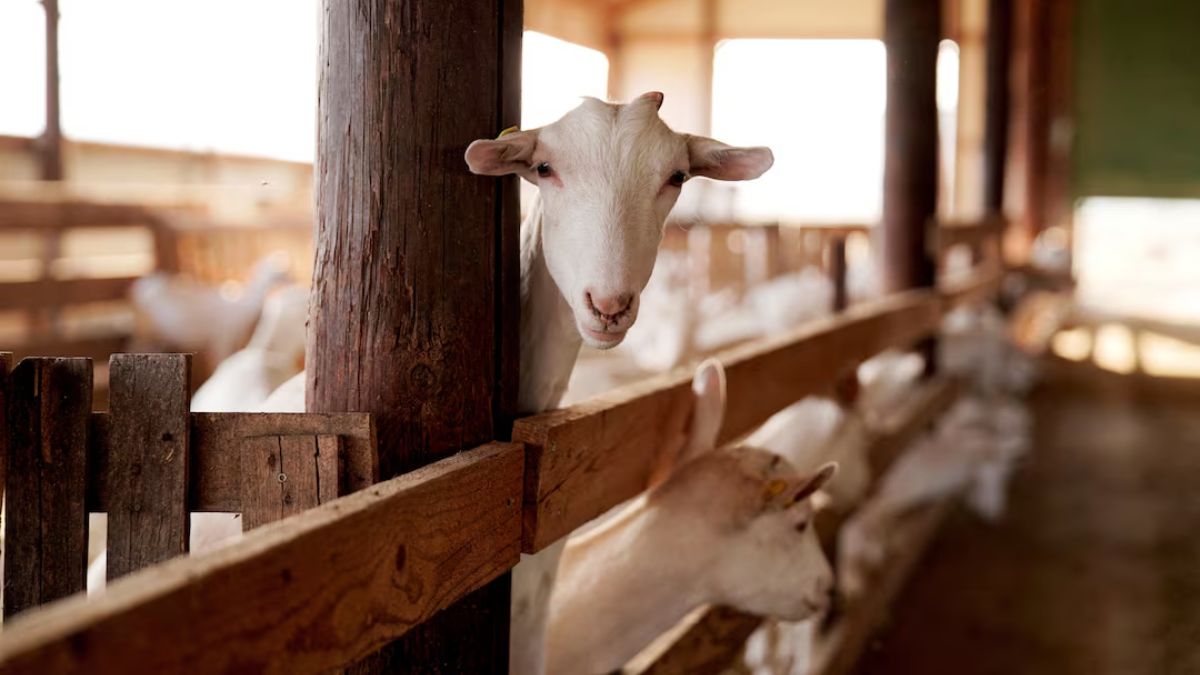In South Africa’s Limpopo region, a road sign warns of “stray animals,” depicting the silhouette of a cow. Yet, on a drive through the province’s dusty highways, actual cows are hard to find. Instead, goats roam the dry grasslands.
Limpopo has long been cow country. For generations, cattle have been the backbone of cultural traditions like the lobola—a bride price paid in livestock—and an essential source of food and income.
Goats over cows in South Africa
But the region’s worsening droughts, compounded by the global march of climate change, are forcing farmers to adapt or face ruin, Financial Times reported.
Goats, as Kingsley Ayisi of the University of Limpopo’s Centre for Global Change explains, are proving more resilient than their bovine counterparts. Unlike cows, goats can survive on minimal grass and even browse on acacia trees, making them better suited to the arid terrain.
Limpopo’s shift from cows to goats is emblematic of a broader transformation spurred by climate change. From southern Africa’s savannahs to South Asia’s delta wetlands, farmers are being driven to rethink livelihoods that once seemed immutable.
Ducks over chickens in Bangladesh
In the wetlands of Bangladesh’s Haor region, erratic monsoons and unexpected floods began to take their toll, drowning rice crops and killing chickens. The losses were devastating for many families. Then came a lifeline: ducks.
The Atlantic quoted one Shopna Akter, whose family once raised chickens and grew, as simply explaining, “Ducks can swim.”
This seemingly obvious trait has proven revolutionary for farmers like her, who have embraced duck farming as a climate-resilient alternative.
Through a program introduced by the NGO BRAC, Akter received training and an interest-free loan to start her duck farm. The results were transformative. Ducks, unlike chickens, thrive in the wet and can better withstand temperature fluctuations. They are also more profitable, fetching nearly twice the price of similarly sized chickens and providing year-round income.
The challenges facing Limpopo and Bangladesh are hardly unique.
According to the UN, more than three-quarters of the Earth’s surface has become drier over the past three decades, while nearly half the world’s land area experienced at least one month of extreme drought in 2023. In southern Africa, the drought is the worst in a century, leaving tens of millions of children malnourished.
Impact Shorts
More ShortsElephants, desperate for food and water, wander into human settlements along the Limpopo River, sometimes becoming meals themselves.
For regions like these, adaptation is no longer optional—it is existential.
)